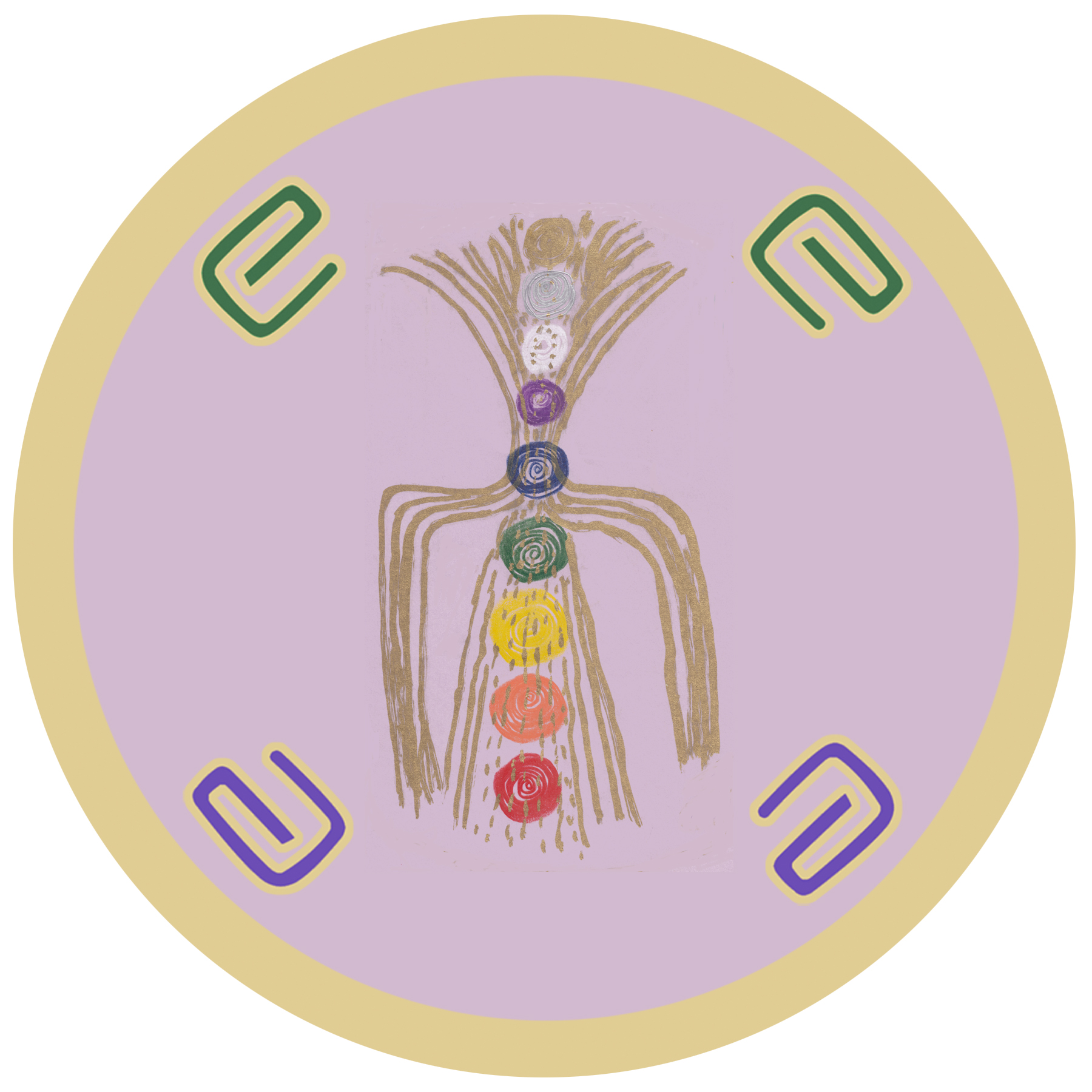Sleep Less – Enjoy Life More… Yes, I really mean it… Not sleepless but Sleep Less. 🙂 Most people go to bed and are restless throughout the night. They don’t get the proper rest they need, even when they are sleeping for the prescribed 8 hours. Yet, there may be a way to get more rest in less time, by practicing meditation.
Many years ago, I heard that meditation was a way to reduce the your hours of sleep. Initially I noticed that I slept more soundly on the days I meditated, and I was more relaxed and less stressed, but as time went on I found that when I meditated for 20 minutes, I would need 60 minutes less sleep and that when I meditated twice per day for 20 minutes that I was able to reduce the amount of sleep I needed by as much as 2 hours. Giving me an extra 80 minutes per day to enjoy life.
What the Research Shows…
I have since done some research to determine whether a full scientic study has ever been done on this phenomenon and so far I have only been able to find studies that indicate that meditation may reduce the amount of sleep required. None of the studies have conclusive results, but here are a few things they have definitely found to be true.
According to the US National Library of Medicine… In their istudies they assessed whether meditation leads to an immediate performance improvement on a well validated psychomotor vigilance task (PVT), and whether longer bouts of meditation may alter sleep need. The following was their summarized result.
“Novice meditators were tested on the PVT before each activity, 10 minutes after each activity and one hour later. All ten novice meditators improved their PVT reaction times immediately following periods of meditation, and all but one got worse immediately following naps. Sleep deprivation produced a slower baseline reaction time (RT) on the PVT that still improved significantly following a period of meditation. In experiments with long-term experienced meditators, sleep duration was measured using both sleep journals and actigraphy. Sleep duration in these subjects was lower than control non-meditators and general population norms, with no apparent decrements in PVT scores.” Here is a link to the study.
A UCLA study suggested that the practice of meditation for years thickens the brain (in a good way) and strengthens the connections between brain cells. Further UCLA researchers using Neuro Imaging, have found that long-term meditators have larger amounts of gyrification (“folding” of the cortex), which may allow the brain to process information faster than people who do not meditate. Further, a direct correlation was found between the amount of gyrification and the number of meditation years, possibly providing further proof of the brain’s neuroplasticity, or ability to adapt to environmental changes.
Various Meditation Techniques
There are a variety of meditation techniques that I have studied and used over the years, such as; Mindfulness Meditation, Guided Visualization, Chanting, Listening to Binaural Beats and Transcendental Meditation (TM). Each meditation method seems to give me the same result with regards to sleep and stress reduction. Some research studies show that TM is significantly effective for relief of Post Traumatic Stress Disorder. One of the biggest things I struggled with for years was an attempt to stop my mind chatter while meditating. I’ve since learned to notice it and just allow it to pass through my mind and then just let it go.
Krystagraphs™ for Meditation

 Today I use a set of Krystagraphs™ for Meditation, that include Chakra Opening and Balancing, and the Love & Trust Krystagraphs™. I simply hold the images against the palm of my non-dominant hand for 20 seconds or until I feel ready to move to the next one. My meditation also includes Protecting Your Power Balanced in Love, God Universal Intelligence Connection, Letting Go of One’s Ego and the Heart Chakra Krystagraphs™.
Today I use a set of Krystagraphs™ for Meditation, that include Chakra Opening and Balancing, and the Love & Trust Krystagraphs™. I simply hold the images against the palm of my non-dominant hand for 20 seconds or until I feel ready to move to the next one. My meditation also includes Protecting Your Power Balanced in Love, God Universal Intelligence Connection, Letting Go of One’s Ego and the Heart Chakra Krystagraphs™.
 SECURE & CONFIDENTIAL
SECURE & CONFIDENTIAL
Leave a Reply